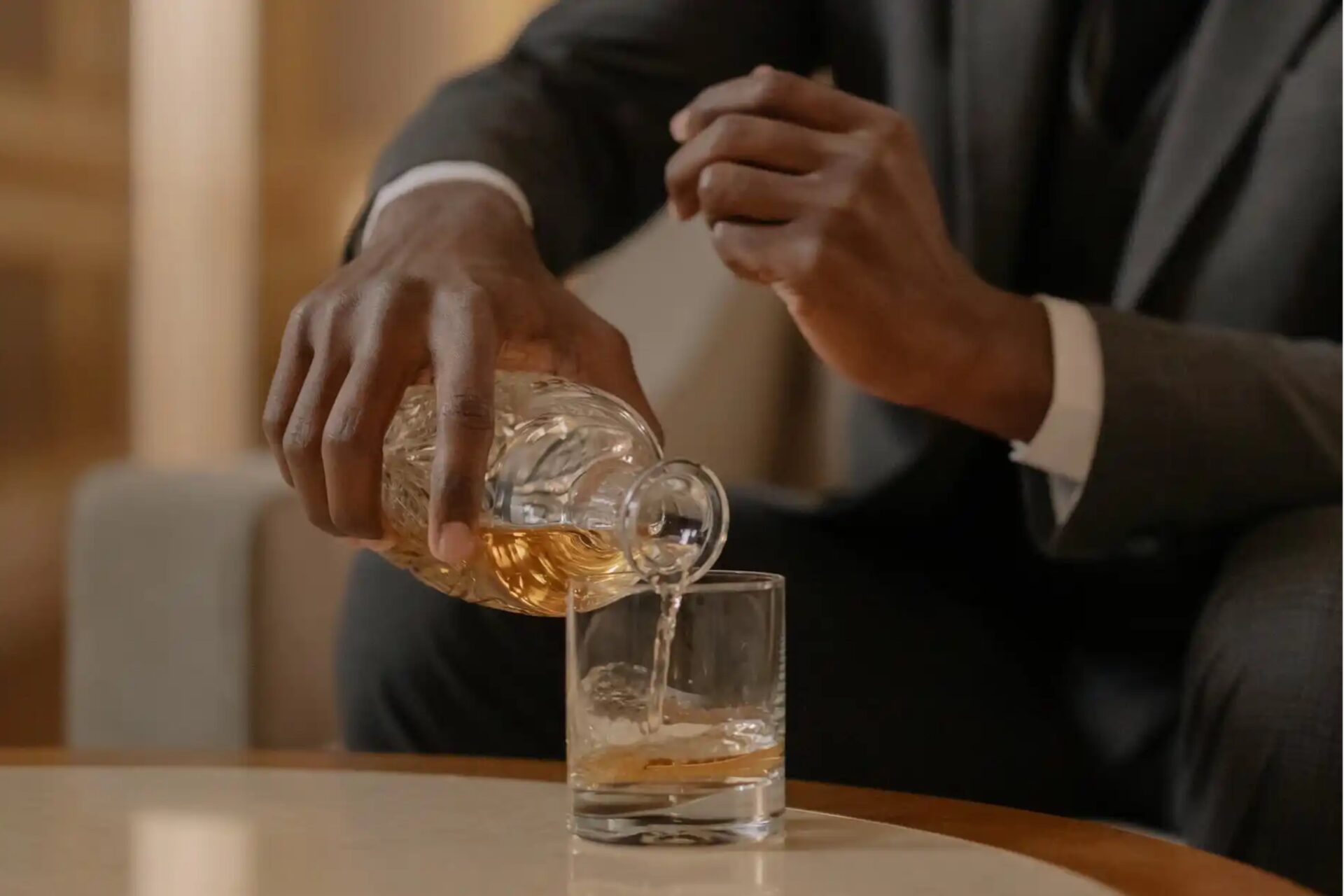
October 7, 2024
American Association For Cancer Research Calls For Public Health Campaign On Alcohol’s Cancer Risk
This research casts serious doubt on the positioning and perception of alcohol as a 'social lubricant' in various settings and builds on existing research that cautions alcohol consumption leads to an increased risk of developing cancer.
According to a report from the American Association for Cancer Research released in September 2024, researchers cautioned that alcohol consumption is tied to an increased risk for cancer, particularly if alcohol consumption begins early in a person’s life.
According to the report, “Excessive levels of alcohol consumption increase the risk for six different types of cancer: certain types of head and neck cancer, esophageal squamous cell carcinoma, and breast, colorectal, liver, and stomach cancers.”
The report also indicates that due to the lack of public awareness about the link between alcohol and cancer, a public information campaign is necessary to create awareness of potential risks associated with alcohol consumption. According to the report, 40% of new cancer cases are tied to preventable risk factors, including excessive alcohol consumption.
Per the report, “Unfortunately, awareness about the link between alcohol and cancer is still low, highlighting the need for public messaging campaigns, such as cancer-specific warning labels displayed on alcoholic beverages, along with effective clinical strategies to reduce the burden of alcohol-related cancers.”
According to WIRED, this research casts serious doubt on the positioning and perception of alcohol as a “social lubricant” in various settings and builds on existing research that cautions alcohol consumption leads to an increased risk of developing cancer.
Even more sobering, is the process by which alcohol can damage your DNA.
As a byproduct of the chemical reactions the human body creates in order to break down alcohol, your body produces a substance called acetaldehyde, which is capable of literally re-writing your DNA by creating mutations that can end up producing cancerous cells.
In addition to this, alcohol can impair vitamin and nutrient absorption, (this is why certain prescription medications come with a warning not to consume alcohol) alter a person’s hormone levels, and make it easier for harmful chemicals to penetrate sensitive cells in a person’s mouth and throat.
Although some studies have suggested that certain types of alcohol are better than others (see various studies positioning the moderate intake of red wine as a health benefit), those studies do not involve cancer risk. Further, it is ethanol, the chemical name for alcohol itself, that is a carcinogenic agent.
Although the majority of Americans (approximately 50%) are unaware of the general risk increase that alcohol carries for cancer, a report from CNN indicates that the mocktail or non-alcoholic beverage industry is undergoing a boom.
According to Ben Jordan, the desire to reduce the negative effects of ethanol pushed him to create a line of machines that can be either purchased or rented that remove alcohol from beer.
“I was wanting to drink beer at parties and in social environments, but didn’t want the effects of ethanol,” he told CNN. At the time, Jordan recalled, the non-alcoholic beer options were “pretty bad.”
According to Jordan, non-alcoholic beer could end up composing as much as one-fifth of the US beer market. “Things look very positive for the non-alcoholic beer industry right now,” Jordan added.
Duane Stanford, the editor of Beverage Digest, told CNN that the alcohol industry is also seeing the potential benefit of non-alcoholic beverages, as alcohol sales have slipped in recent years.
“There is a real market force now to go and create those solutions and to really work at it. There’s money to be made. So people are figuring it out,” Stanford said.
Stanford continued, musing that as long as companies can create value in the minds of consumers, they will pay the premium costs associated with non-alcoholic beverages.
“Upwardly mobile, young consumers who want these kinds of products for specific lifestyle reasons — as long as you’re offering them quality and something that they actually want to hold and be seen with, they will pay those prices,” Stanford said.
RELATED CONTENT: LP O’Brien Leads The Charge For Inclusion In The Mocktail Industry